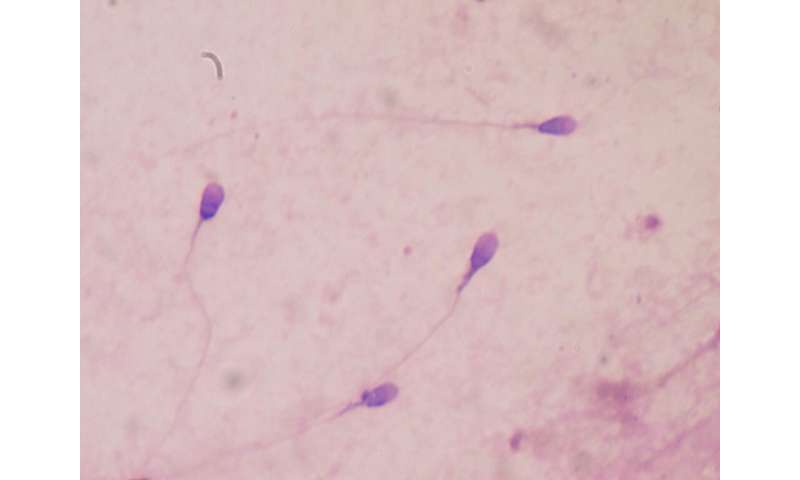
Infertility affects between 10 and 15% of all couples of reproductive age and can be caused by a wide variety of factors: genetic, physiological, environmental and nutritional. Although there is increasing scientific evidence about the role of nutrition in sperm quality, there is still controversy about the role of overweight, obesity and low weight in sperm parameters.
Researchers from the Human Nutrition Unit of the Rovira i Virgili University and the CIBERobn in collaboration with researchers from the University of Utah (USA), researchers from the Ahvaz Jundishapur University and the National University of Córdoba (Argentina), have carried out a systematic review and meta-analysis of all the existing observational scientific literature, evaluating the association between adiposity (normal weight, overweight, obesity, and low weight) and sperm quality determined by a seminogram.
A total of 60 articles were included in the qualitative analysis and 28 in the quantitative analysis. The researchers indicated that overweight and/or obesity were associated with low semen quality parameters (i.e., semen volume, sperm count and concentration, sperm vitality, total motility and normal morphology) and underweight category was likewise associated with low sperm normal morphology.
According to the researchers, this work provides the most comprehensive analysis to date of the high-quality research and demonstrates the importance of adiposity in semen quality.
Albert Salas-Huetos, first author of the article states that these results “suggest that overweight/obesity prevention should be considered at an early age to avoid deleterious effects on reproductive health.” Researchers also point out that additional studies are warranted to elucidate the potential benefits of weight loss for improving reproductive potential in individuals with obesity.
Source: Read Full Article
